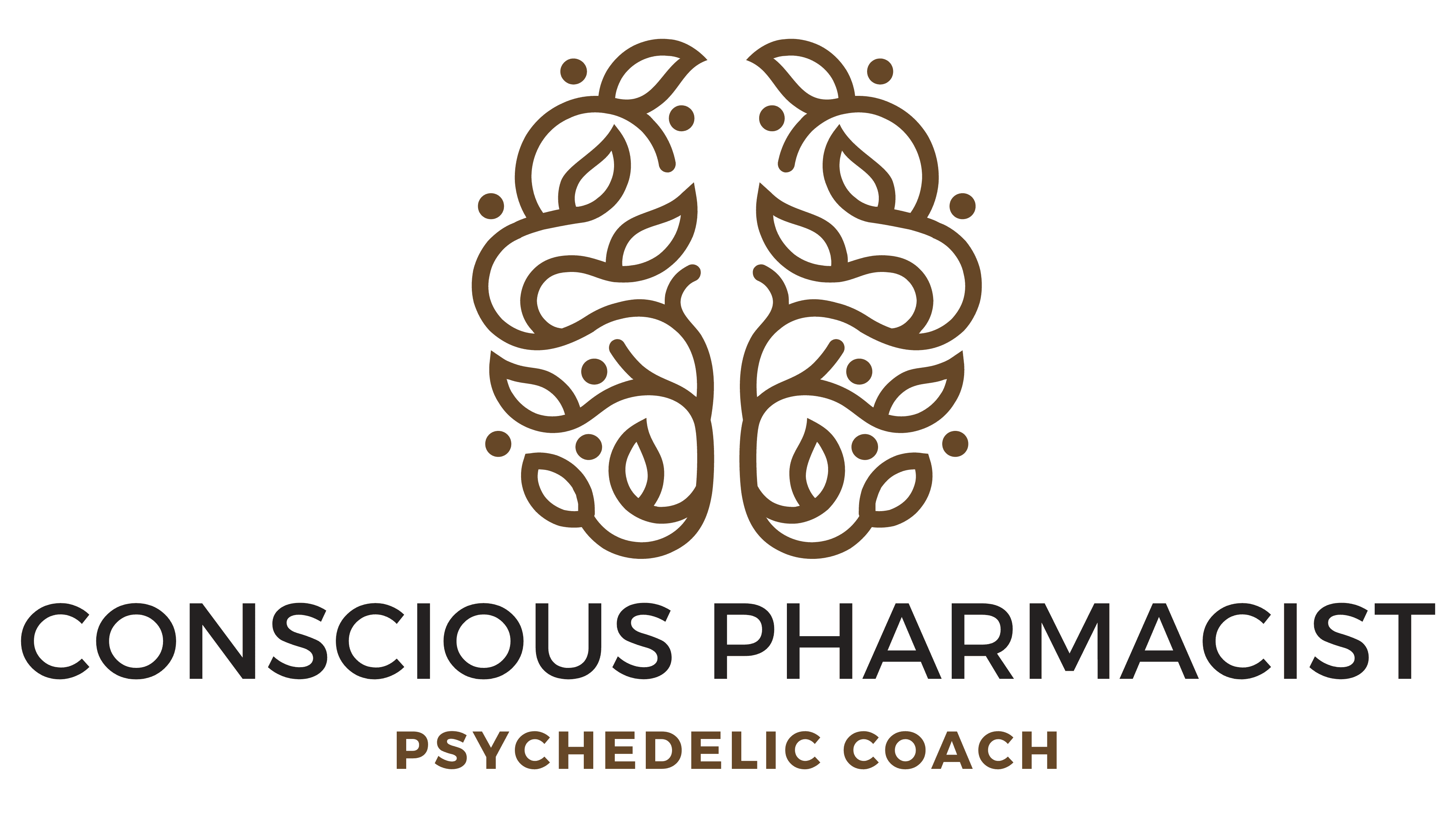Questions about Microdosing
1. What is microdosing?
Microdosing involves the integration of small, controlled doses of psychedelics, such as psilocybin mushrooms, into your weekly routine. This practice is designed to enhance cognitive functioning, creativity and promote psychological well-being.
2. What are the benefits of microdosing?
People choose to microdose for a variety of reasons, including enhancing productivity, boosting creativity, finding relief from pain, or addressing specific medical conditions. Additionally, microdosing serves as a potential alternative to psychotropic medications, offering a natural approach to improving mental health and well-being. However, it’s important to understand that microdosing is not a quick fix, but rather a tool to accelerate self-awareness and personal growth. To experience the full benefits, it is essential to approach microdosing with proper preparation, clear intention, and thoughtful integration. Engaging the guidance of a professional microdosing coach can significantly enhance this process.
3. Is Microdosing safe?
Microdosing is generally considered a safe practice. It is important to emphasise that microdosing carries significantly fewer risks compared to taking larger doses of psychedelics, such as the possibility of experiencing a “bad trip” or intense psychedelic effects. Microdosing offers a safe and effective way to explore the benefits of psychedelics in a controlled and comfortable setting. For those new to psychedelics, microdosing provides an ideal introduction, free from the risks associated with higher doses. While there is a lack of clinical research specifically focused on microdosing in humans, studies on larger doses of psilocybin-containing mushrooms have demonstrated that these substances are highly safe.
